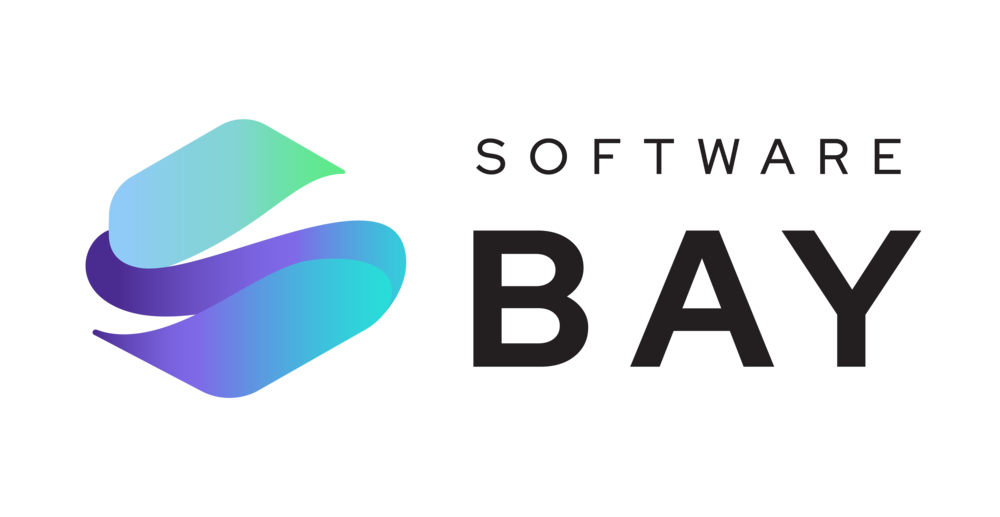
Should you move your app to React Native?
No matter how good your app development idea is, the success of your app largely depends on the technologies you integrate into your app. Choosing the right technology is a key decision that determines your position in the market. And being in use by such a huge community and supported by Facebook, React Native is definitely not going anywhere in the future and will be a great choice!
There are many technology options on the market that you can choose from. This makes the choice difficult. The presence of React Native makes this choice easier because it means you don't need developers specializing in various technologies. Your React Native app will work on all platforms, both IOS and Android.
Are you planning to build an application using React Native? Do you need real experts in this technology? Contact our highly qualified specialists for a reliable solution that will meet all your business needs.
Is it really all that worth it?
Whether migrating to React Native is a viable strategy for existing applications. Is it really worth doing? How late in the life cycle is it too late to migrate? What are the benefits of this?
Lower development costs
Two separate teams writing identical components for two different platforms is the main problem of native apps. React Native eliminates it! Thanks to this, development is cheaper and more effective. Also, updating and maintaining React Native apps are pocket-friendly.
Better user experience
Applications built on React Native ensure constant user experience on multiple platforms. These applications meet user requirements by providing a smooth, error-free and responsive environment, regardless of the device they are using.
Cross-platform
React Native allows developers to build a single codebase application for multiple platforms such as Android, iOS, Windows, and web. This can involve native code and interact with native APIs. It helps new developers to create native applications, and also allows existing teams to work at a faster pace.
Reusable code
Code written for React Native is reusable. As mentioned above, it can be used to develop applications for various platforms, all you need is an update for each platform. React Native's intuitive interface makes it easy for any developer to understand the code and increases the flexibility of the team.
Integration of third-party plugins
React Native framework is compatible with a wide variety of third-party plugins. Thanks to this, users can use the functionality of other native applications without any problems. With this feature, developers can easily develop an application that runs flawlessly, loads quickly, and requires less memory.
Frequent Updates
React Native is a cross-platform open source platform so it has an extensive community. It is active and is constantly developing. We already mentioned that the React Native GitHub repository is one of the most used. The platform is popular and the team is constantly working to improve it with regular updates.
How we can start working together?
Join forces with our agile team, custom-matched to your project's needs, ensuring you have the right expertise at every turn.
Start with activating your chosen plan and dive into a comprehensive 7-day onboarding process to set the stage. During this period, we'll focus on understanding your project requirements and begin forming a team that's tailored to your goals.
- Step 1.
Start with activating your chosen plan and dive into a comprehensive 7-day onboarding process to set the stage. During this period, we'll focus on understanding your project requirements and begin forming a team that's tailored to your goals.
- Step 2.
Initiate your project with a focused weekly sprint, allowing our specialists to deliver tangible progress. At the week's end, we'll provide a detailed summary and outline the strategy for the upcoming sprint, ensuring ongoing momentum and clear objectives.
- Step 3.
Wix
Wix was one of the first global brands to migrate to React Native. While working on the app, Wix completely abandoned its true native stack and built a cross-platform mobile app from scratch. The case of the Wix migration is special in many cases. First, the company wasn't growing on two platforms at the same time. Instead, he first built a React Native iOS app and later optimized it for Android.
Walmart
Walmart's decision to migrate to React Native was due to dissatisfaction with the company's hybrid mobile app based on web views. According to Walmart Labs, web views provided a poor user experience, even on high-end smartphones. React Native turned out to be the optimal solution that Walmart chose to improve UX for e-shoppers.
Airbnb
The Airbnb case is somewhat unique in that the company didn't rebuild its apps from scratch. Instead, Airbnb added React Native to the existing iOS and Android codebases. According to Gabriel Peal, this leads to the burden of maintaining three codebases instead of two. As a result, the Airbnb mobile team made the decision to move away from React Native.
Discord
According to Fanghao Chen from Discord, JavaScriptCore wireless updates were a major factor in choosing React Native. The developer also praised the Flexbox-style mesh. This case is not what you traditionally mean by migration, but it is too peculiar to ignore. The Discord iOS app is the product of migrating huge chunks of Redux store logic and activities from React to React Native.
Let's work together!
We are ready to help you in your React or React Native project! Just let us know what can we do for you. Leave a message or just call us.
